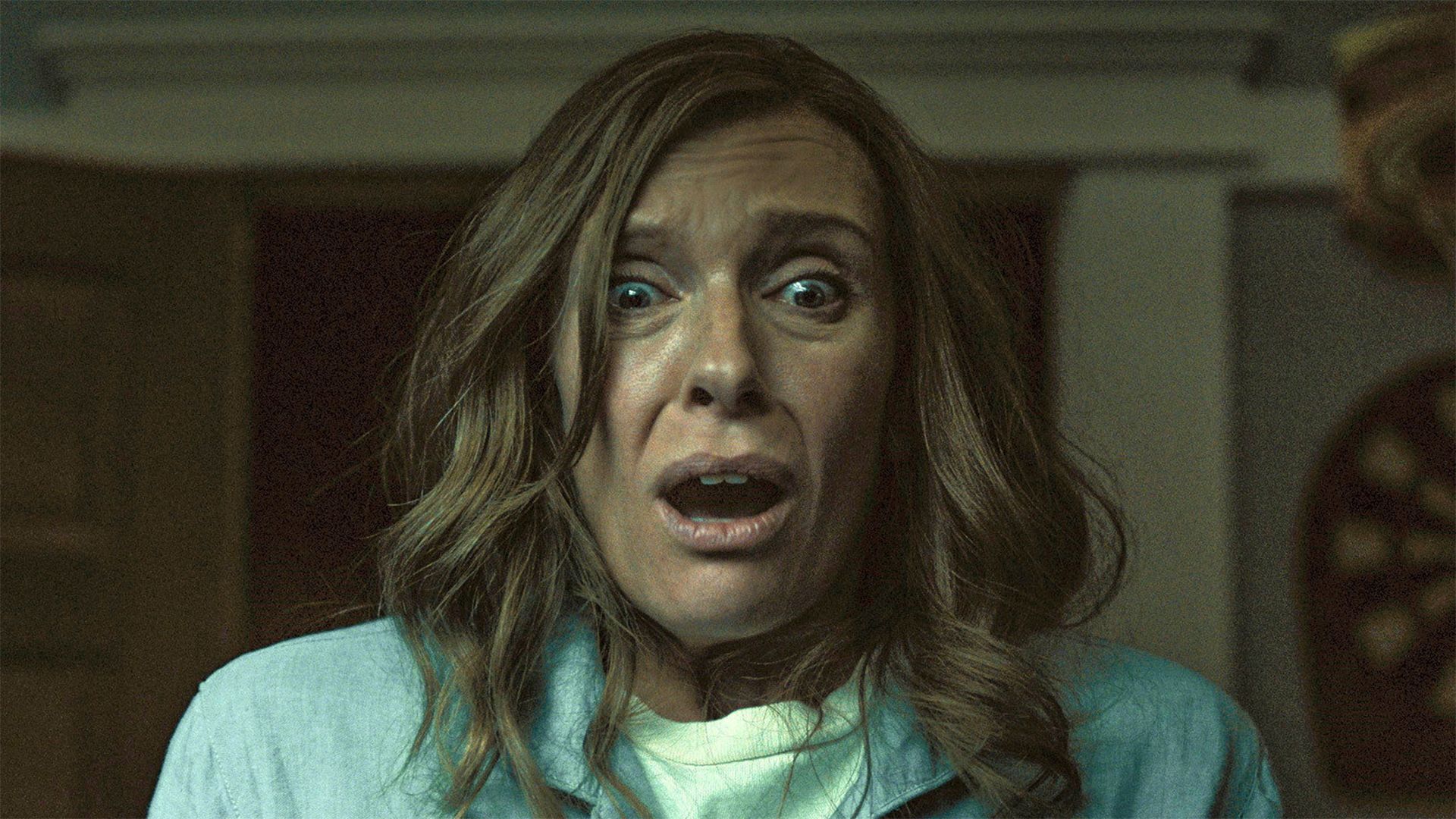
"A24's model does not rely on that kind of mass appeal. When the studio was first starting out, a lot of the films that they picked up were things that other studios or distributors had dropped or shied away from. They really embraced the specific and the strange. And because of how distinctive their films are in this landscape of reboots and sequels, and superhero movies, they decided that ruffling some feathers along the way was only going to help their case."
"A24 was founded in 2012 by these three guys in their 30s. Daniel Katz, David Fenkel, and John Hodges. The business practice has always been to cultivate a certain mystique and let the film speak for themselves. A24 are probably best known now for their work with this roster of auteurs. People like Sofia Coppola, Ari Aster, the Philippou brothers, Celine Song. And what I found in my reporting is that in the filming stage, they really do just let these people take the reigns."
"When they decided to put out The Witch Robert Eggers' historical horror movie as their first wide release, it was not a straightforward sell. It's a movie that set in the 1630s. It's scripted in early modern English. It's not the most accessible, but they knew that it was a great film and a smart film and a scary film, and they decided to lean into all of those components, partly by forming an alliance with the Satanic Temple."
A24 was founded in 2012 by three founders who cultivated a mystique and prioritized distinctive, auteur-driven cinema over broad four-quadrant appeal. The studio acquired films other distributors rejected and embraced specific, strange projects, allowing directors significant creative freedom during production. A24 exerts influence primarily during marketing, crafting bold, sometimes provocative campaigns tailored to each film’s identity. The studio partnered with unconventional allies to amplify attention and leaned into scariness or intelligence rather than accessibility. This approach positioned A24 as a counterpoint to mainstream reboots, sequels, and superhero franchises and built a reputation for risk-taking and singular cinematic voices.
Read at The New Yorker
Unable to calculate read time
Collection
[
|
...
]